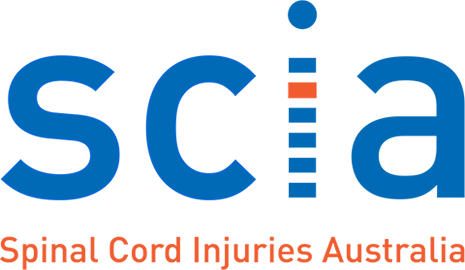Continence care
Developing a regular continence program is key to your independence
Bladder management
A good bladder management plan is important
Most people with spinal cord injury will experience bladder changes after injury, but the type and symptoms will depend on the characteristics of the injury. Just as spinal cord injuries affect people differently, the effects of paralysis on the urinary system are diverse. Although it may not be possible to regain the control one had before paralysis, a wide range of techniques and tools are available to manage what is termed a neurogenic bladder. The symptoms of a neurogenic bladder will depend on the characteristics of the SCI, such as the level and completeness of the injury.
Options
Find the method that works for you
The most common method of bladder emptying is an intermittent catheterization program (ICP), which drains the bladder on a set schedule (every four to six hours is common).
There is no one-size-fits-all approach to bladder management after spinal cord injury however. You may need to try different approaches in order to find the method that works with your lifestyle.
Our partner, Coloplast have a team of care advisors who can guide and support people who have continence needs or who want to know more about continence products such as catheters, leg bags and urine sheets. For samples and further information you can contact Coloplast on (03) 9541 1187 or email aucare@coloplast.com.
Bowel management
Managing your bowel
The level and completeness of your spinal cord injury will affect the amount of control you have over your bowel and will determine which bowel care method will work best for you. Persons with a high level injury usually find that a reflex method works well; the reflex is triggered by stimulation, straining or pressure. Persons with a low level injury may require abdominal pressure or straining to assist bowel evacuation.
All persons who have had a spinal cord injury will require an individually tailored bowel program. A bowel program is a plan for regaining control of bowel function.
NDIS Support
How will the NDIS affect your continence needs?
The NDIS is an opportunity to review your current continence services. If you are happy with your current services, it will automatically roll over. However, if you are not, you will be able to review your needs.
SCIA is a recognised National Disability Insurance Scheme provider of plan management and support coordination services. SCIA does not directly provide consumables, however, we can assist you to achieve your goals in this area through advice and support under support categories 7 (Coordination of supports) and 14 (Improved life choices).
If you are not eligible for the NDIS you may be able to access the Continence Aids Payment Scheme (CAPS) which is for anyone who is 5 years of age and older with a permanent disability where continence products are necessary for day-to-day life. To find out more, the Continence Foundation of Australia has information about eligibility and how to apply.
